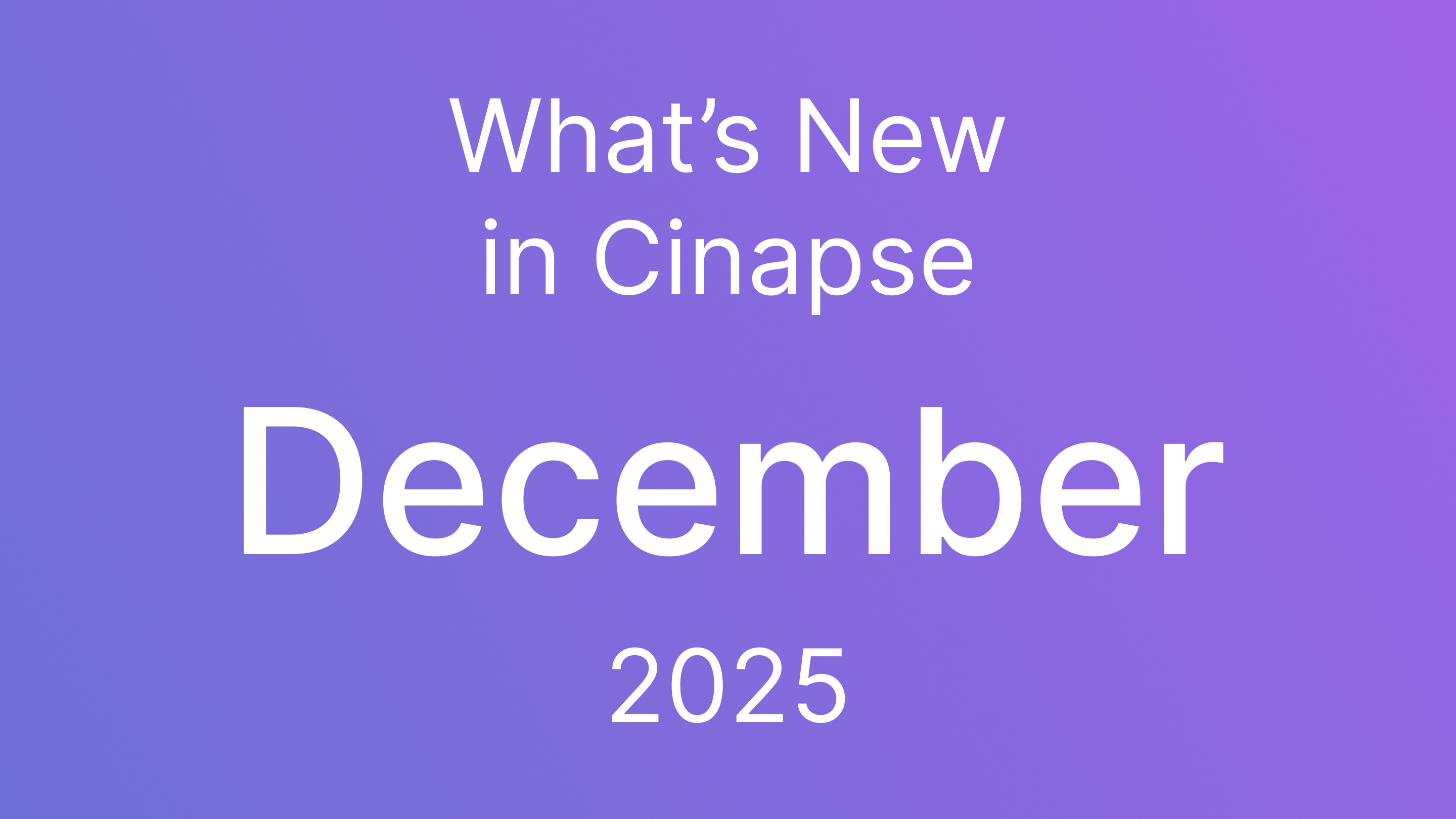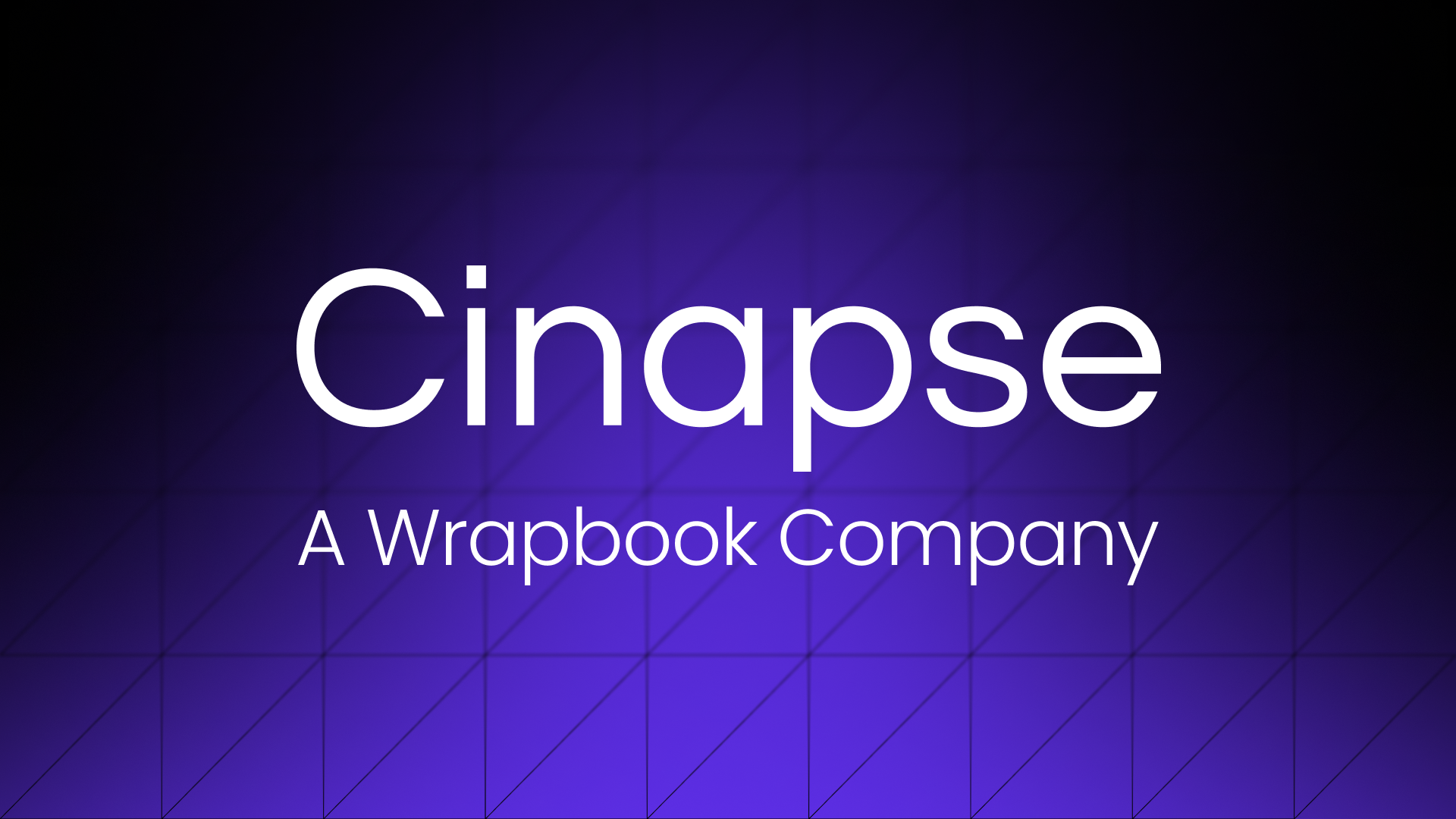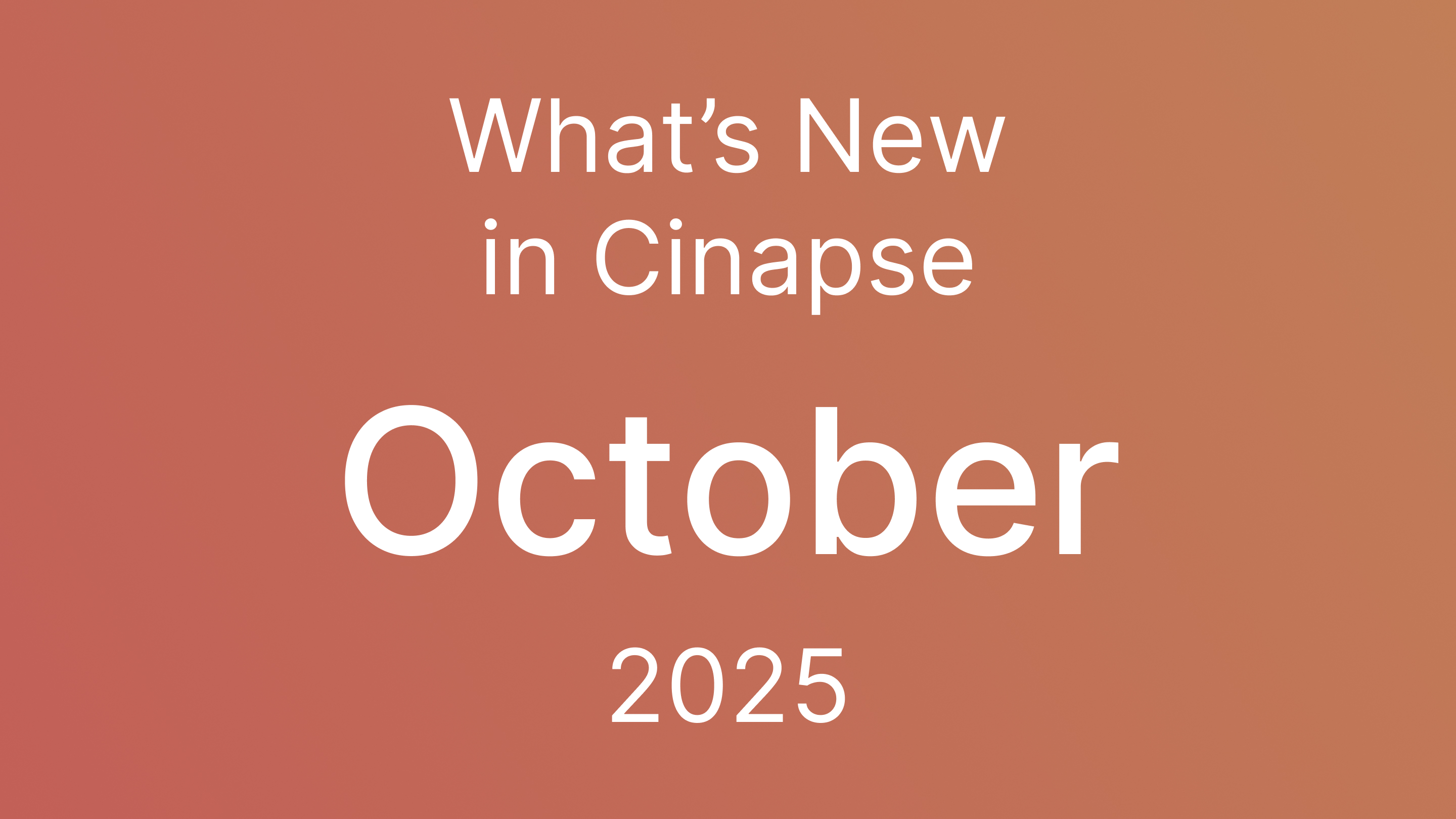Cinapse Is Joining WrapbookCinapse is proud to announce its acquisition by Wrapbook, Hollywood’s fastest-growing payroll and production finance platform. This partnership marks a major leap forward in unifying the workflows that power film and television — bringing scheduling, budgeting, payroll, cost reporting, and accounting into a single, modern ecosystem.











